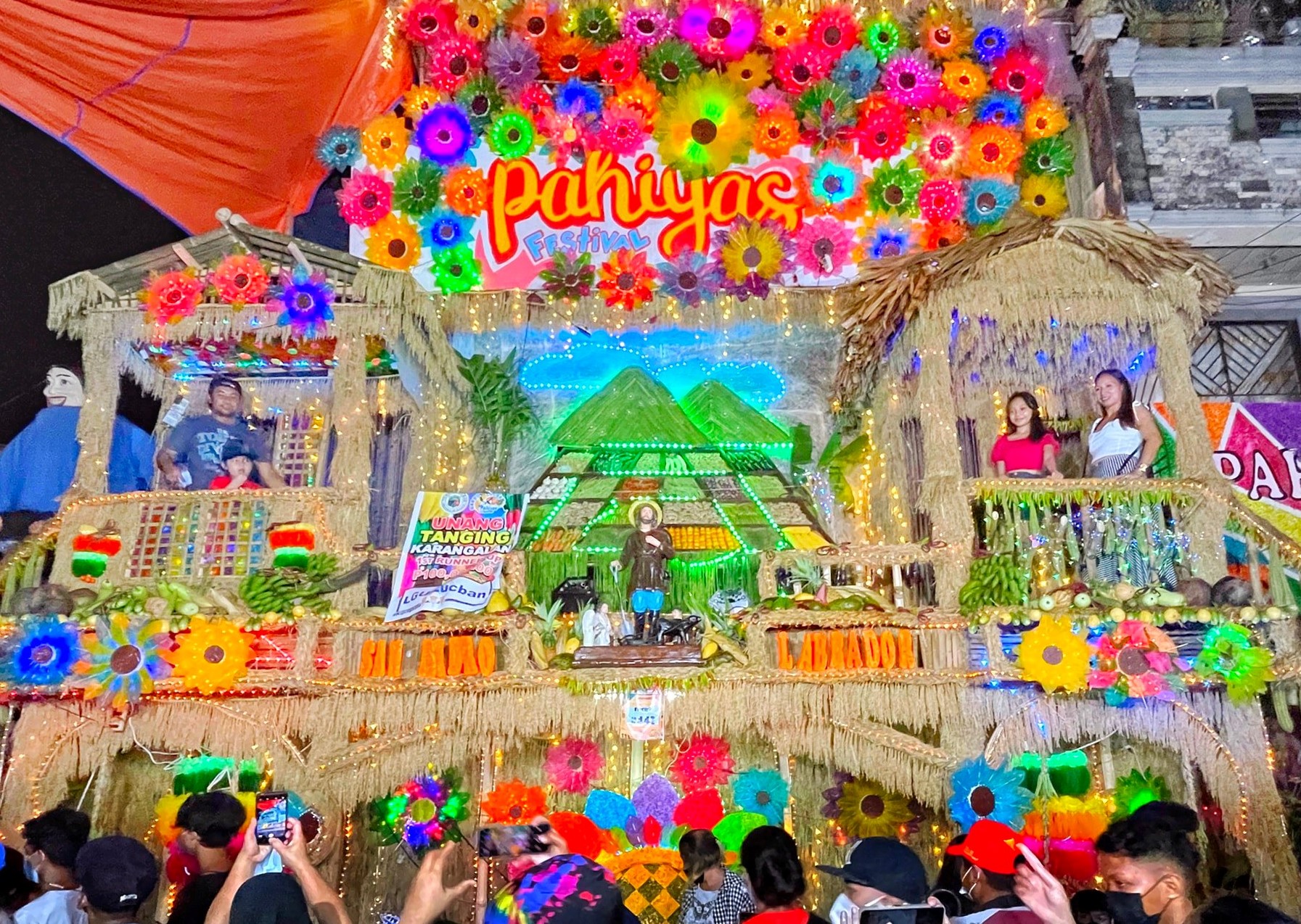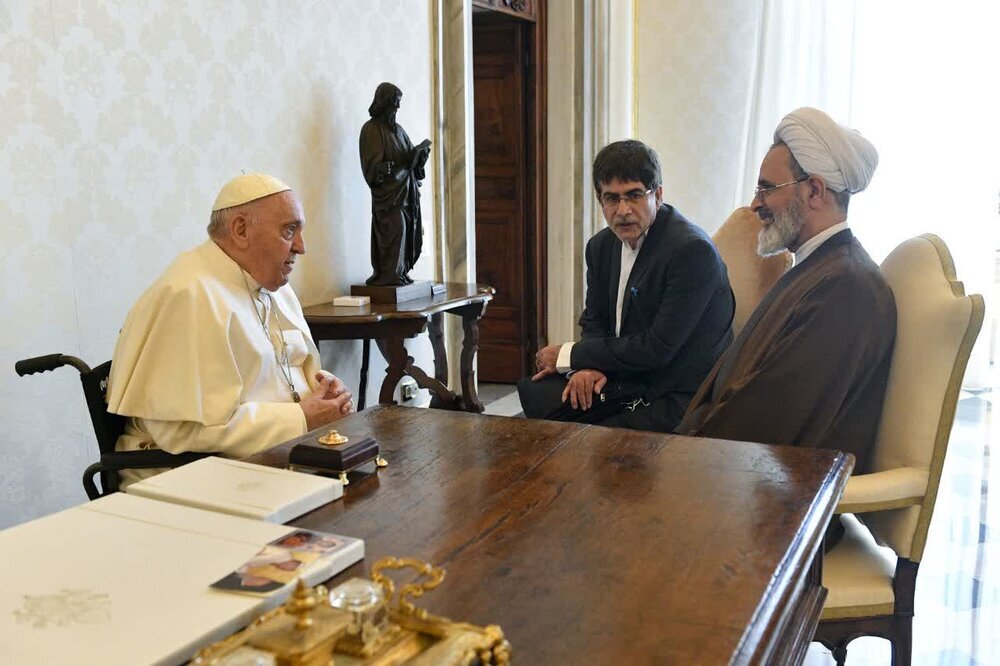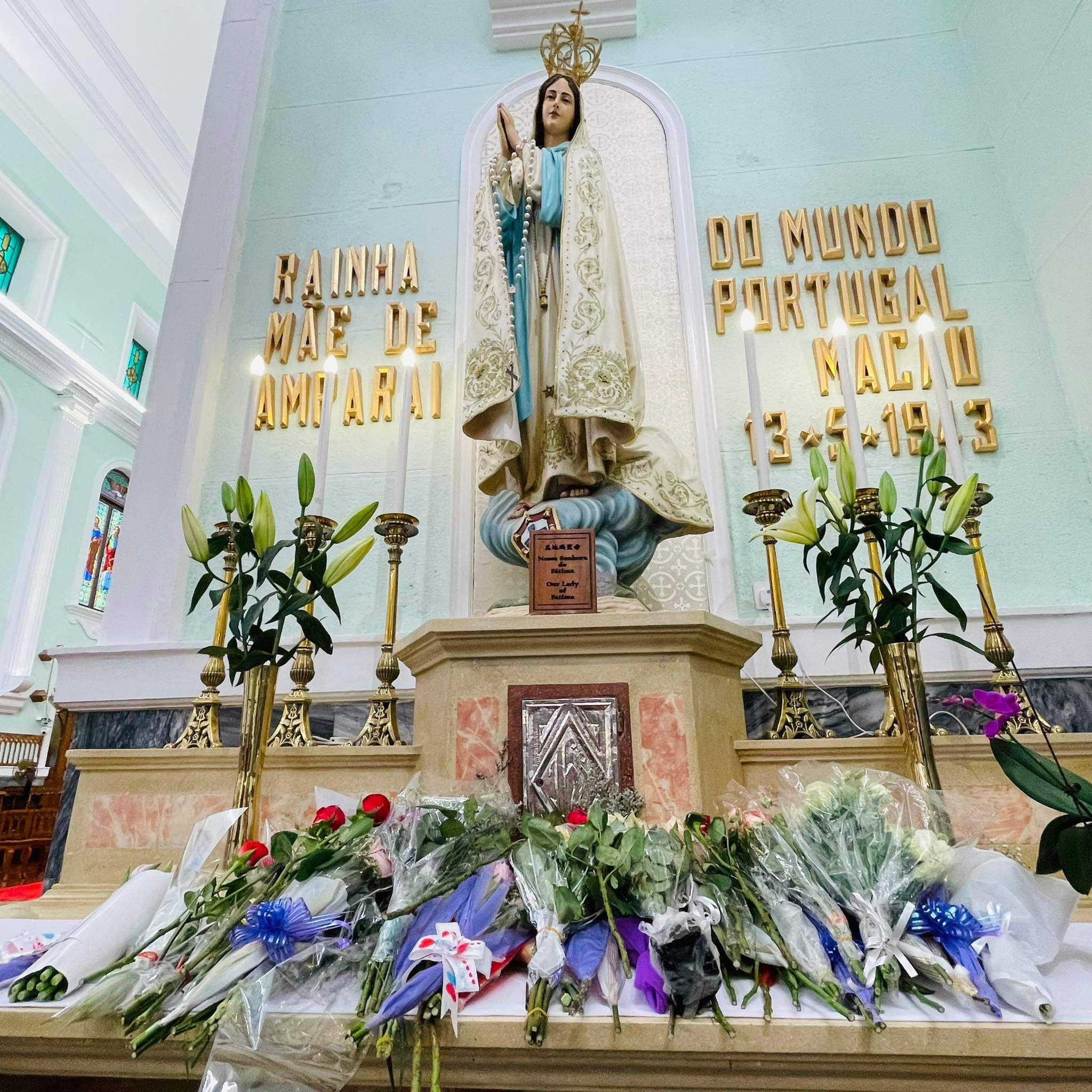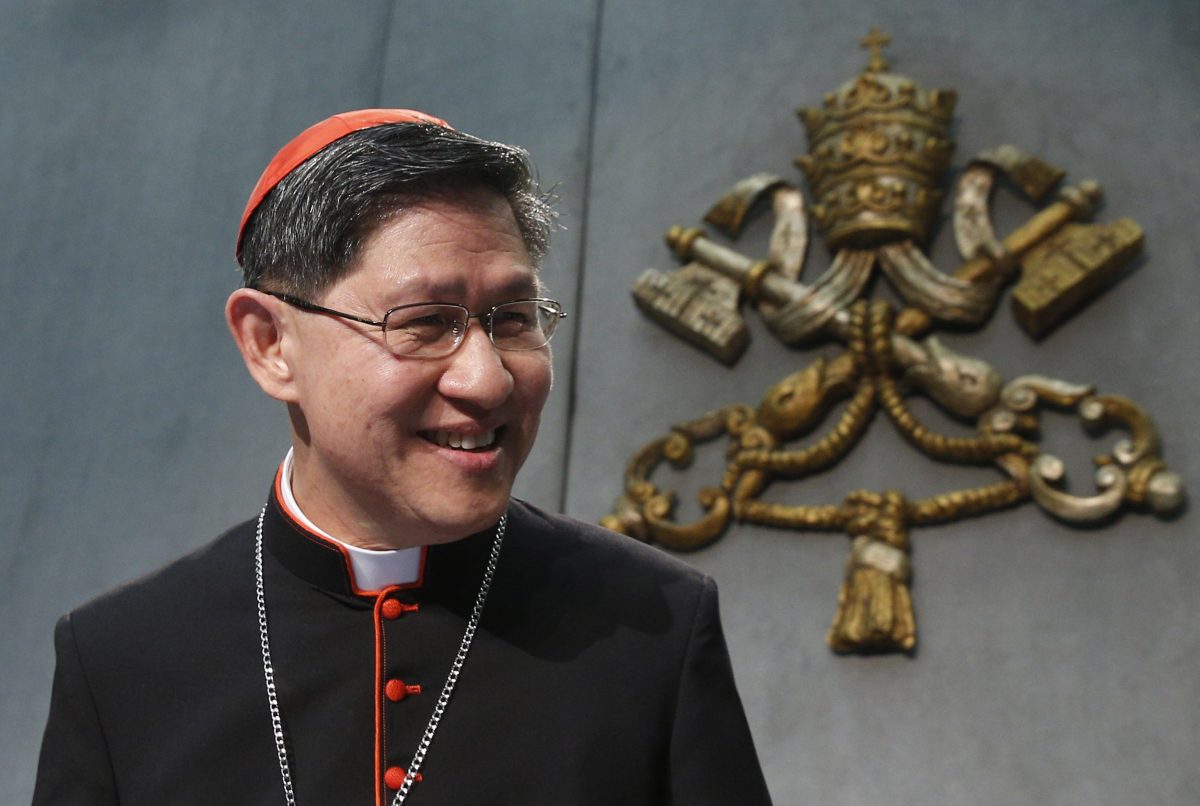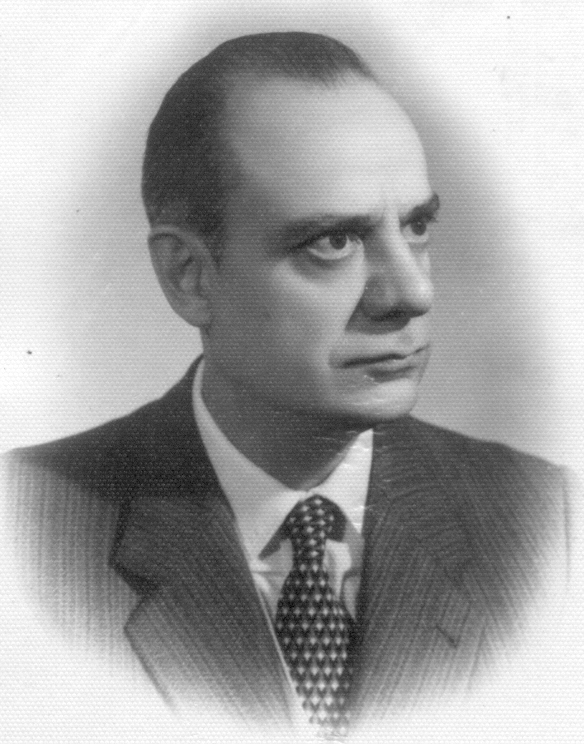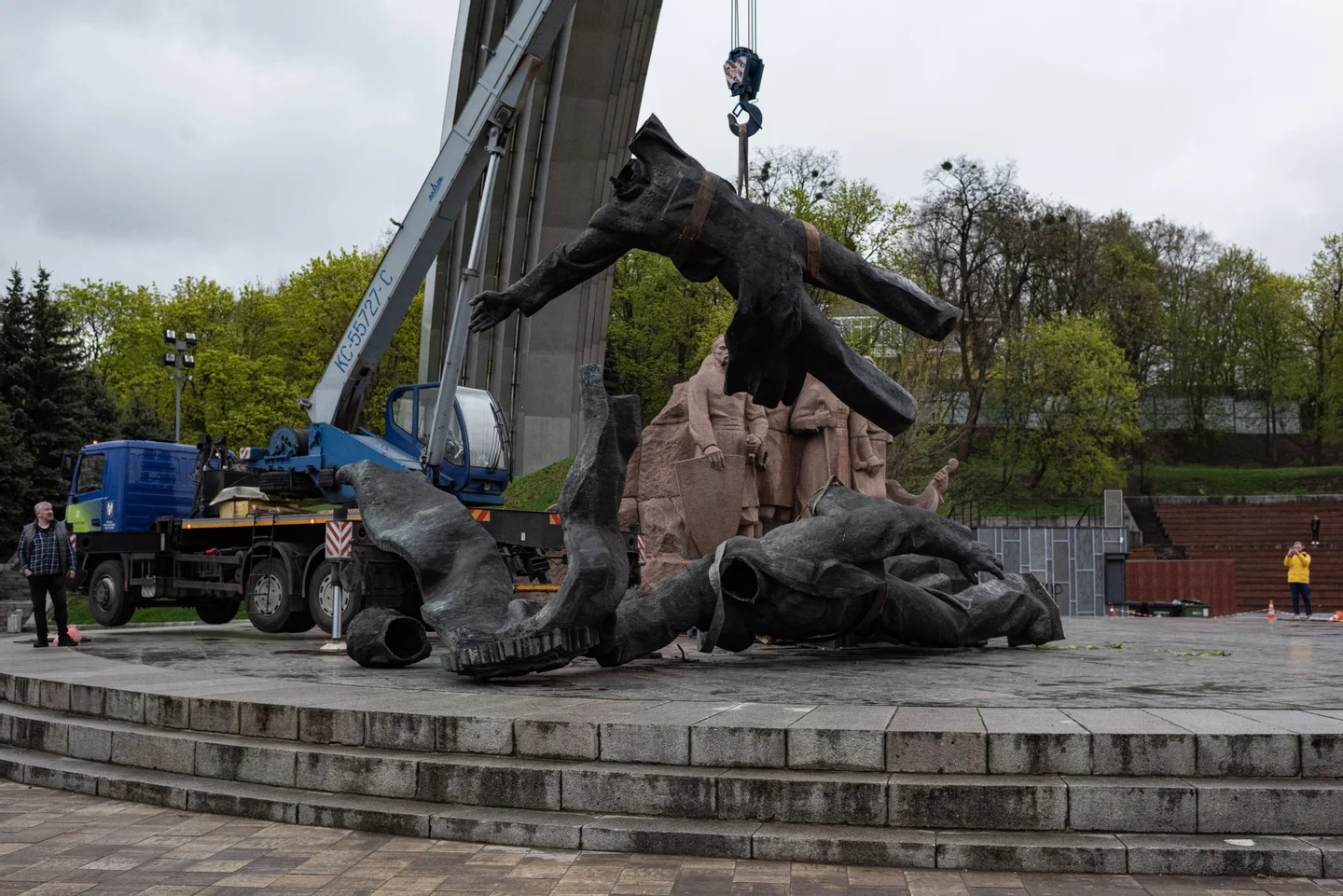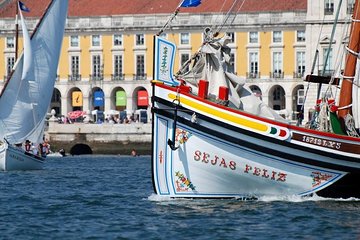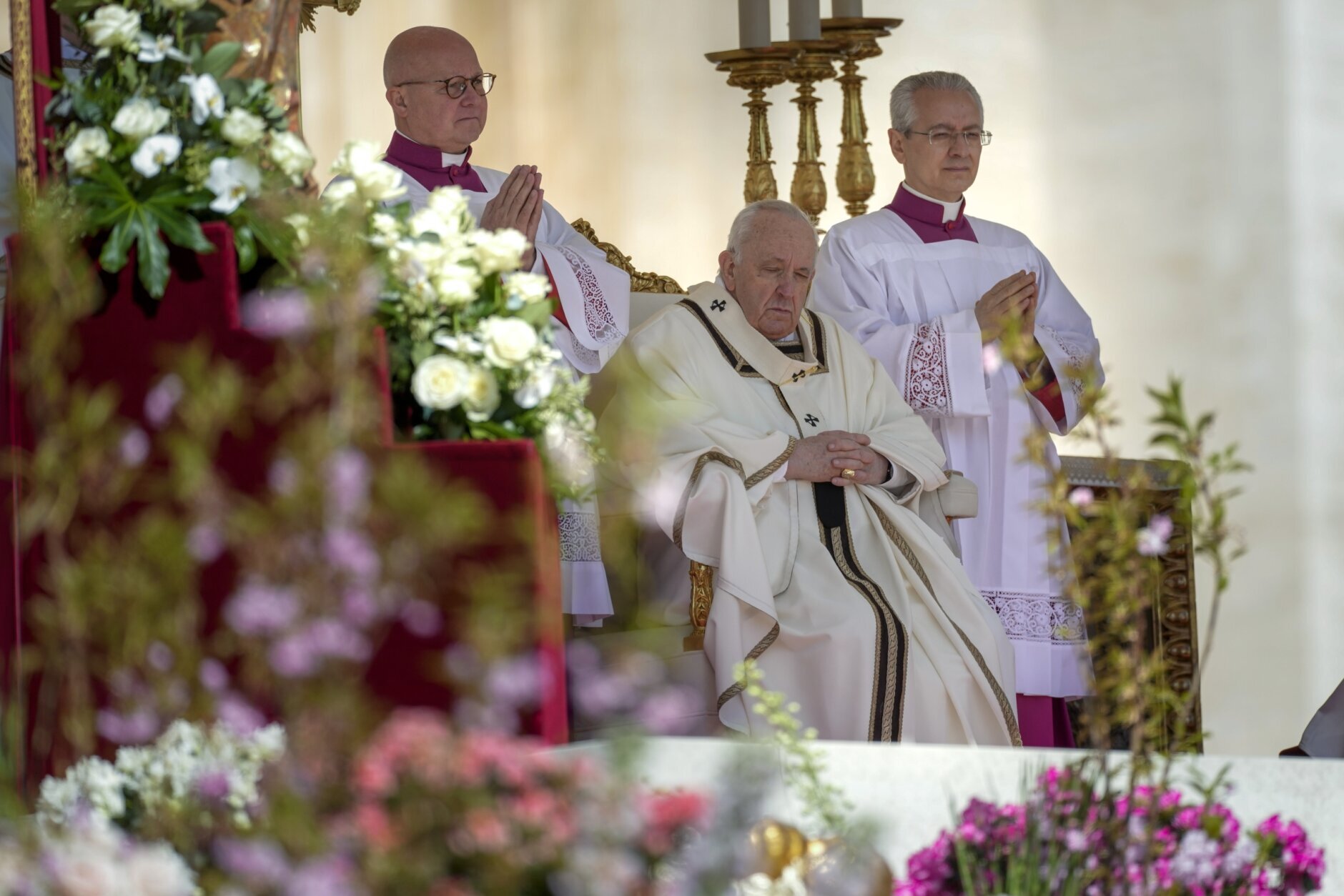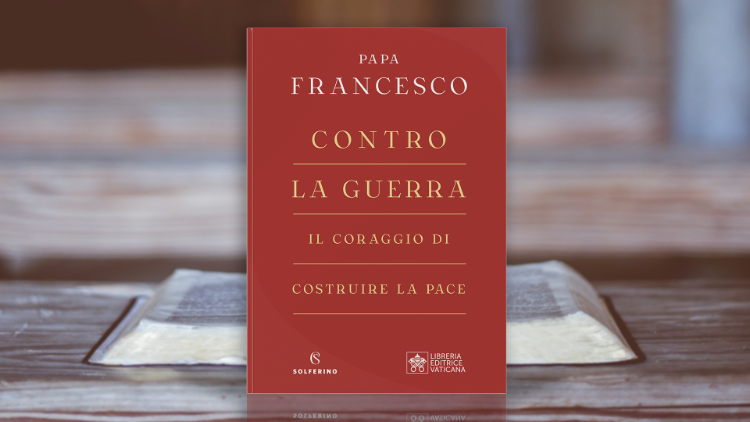The Catholic Church has and always will stand unhesitatingly for the truth, despite the vile, perfidious attacks of the enemy. The demand for abortion and the perverse lies that attempt to support the murder of the innocent will never undermine the truth of God, which is made evident through His Church.
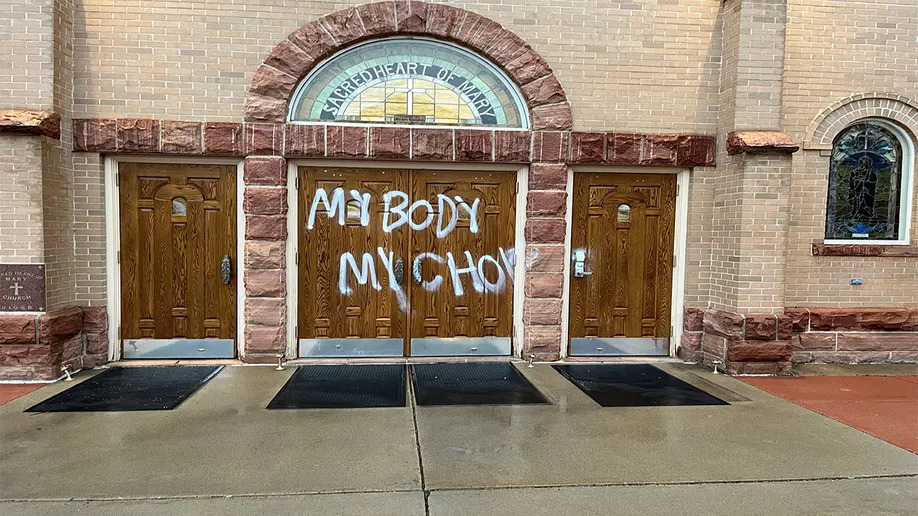

 Follow
Follow
